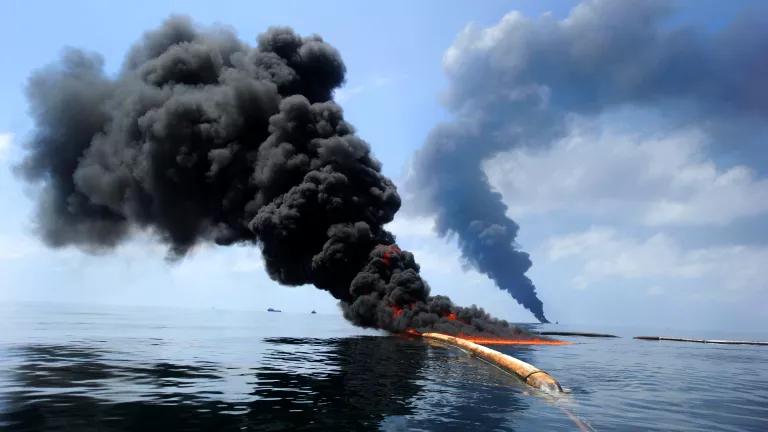Court Deals Another Blow to Keystone XL, Invalidates Key Permit

Siding with NRDC and our partners, a federal court agreed that the Nationwide Permit 12 allows dangerous pipeline projects to skirt environmental laws.
The Keystone XL tar sands pipeline got knocked down again this week when a federal judge invalidated Nationwide Permit 12, a key water-crossing permit issued by the U.S. Army Corps of Engineers and used by Keystone XL as well as many other pipeline projects. The permit has been routinely used to help pipelines avoid thorough environmental reviews and fast-track their approval process.
“The Trump administration’s ongoing effort to give out goodies to Big Oil hit another setback,” says NRDC attorney Cecilia Segal. “Whether they like it or not, the Corps cannot skirt foundational environmental laws.”
Challenged by a coalition of conservation and landowner groups, including NRDC, Nationwide Permit 12 allowed the Army Corps to avoid fully assessing the impacts of pipelines on local waterways, lands, wildlife, and communities. The court’s ruling now prohibits the agency from using this permit for pipelines nationwide and could block the construction of Keystone XL across hundreds of water crossings.
“Projects like the Keystone XL tar sands pipeline will remain stalled as long as the administration keeps trying to illegally fast-track them,” Segal says.
TC Energy’s Keystone XL has now been the center of a ping-ponging legal and legislative battle for more than a decade. The proposed pipeline would carry 830 million barrels of tar sands oil per day from Canada to oil refineries on the Gulf Coast. In addition to threatening water, wildlife, and public health along its route, the fossil fuel infrastructure would also lock in more climate-devastating carbon pollution.
President Obama agreed the risks were too high and vetoed the project in 2015, but President Trump revived it soon after taking office. His administration has since made numerous attempts to fast-track its approval, and the government of Alberta, Canada, announced just last month that it would invest billions to help the long-delayed project move forward with construction on the U.S.-Canada border as early as this spring.
But the latest courtroom win now bolsters the continuing fight by Indigeneous groups, conservationists, and landowners along the pipeline’s route to block its construction.
“Farmers and ranchers rely on clean water and land security. TC Energy continues their efforts to go around the law in order to build their risky pipeline,” says Jane Kleeb, founder of Bold Alliance, a partner in the lawsuit. “Hopefully this clear directive from the courts will make it clear TC Energy and our own federal government can not run roughshod over Americans to help out a corporation's shareholders.”



